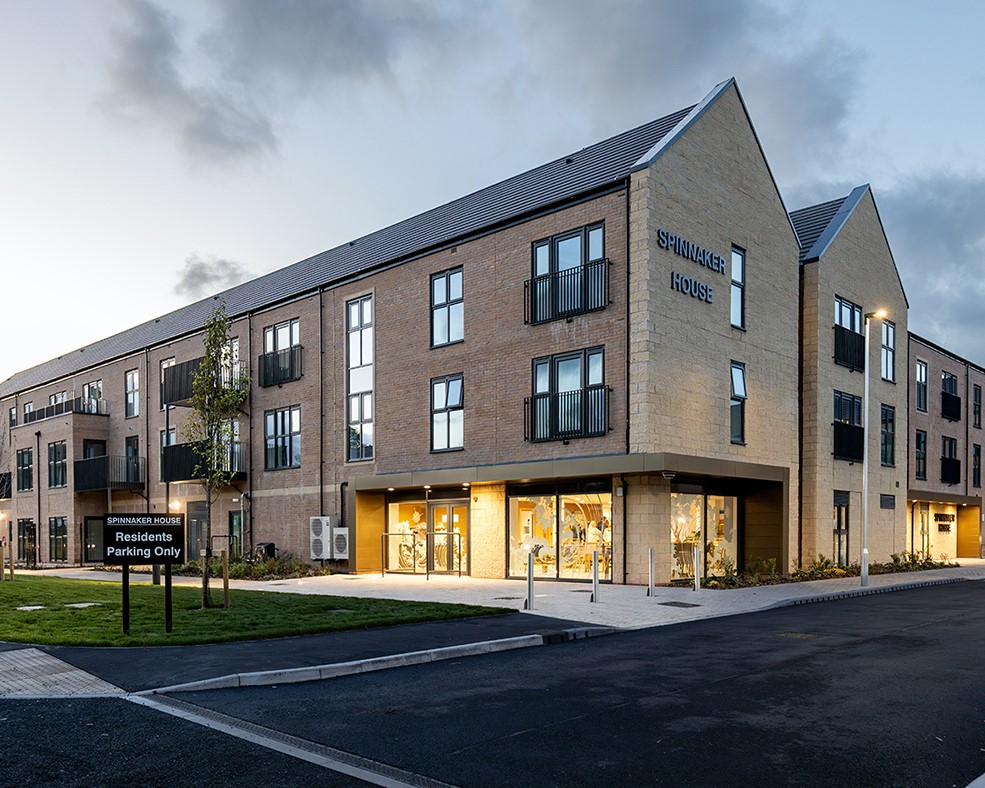Sustainable homes of the future being developed in Liverpool
Your Housing Group, Changing Streams, and the University of Liverpool have joined forces to design and build six prototype houses in an effort to create homes that are economically viable and environmentally friendly.
Funding has now been secured for the first part of the project, which will enable the research and development of the prototypes at the Changing Streams Research Centre at the University of Liverpool’s School of Environmental Sciences.
Each of the houses will focus on a different solution to reducing plastic and carbon and addressing fuel poverty. The first will prioritise carbon reduction, while the second will focus on plastic reduction. The other four will be different mixes of the two focuses, in order to see what the possible issues may be on making a house that is both zero-carbon and plastic-free.
Possible solutions could include using mushroom-based cavity insulation and plastic-free paint, or even using seaweed as a building material.
After the houses are built, they will be placed in the Liverpool City Region. Six families will move into them and work with the research team to share how the homes function in everyday life.
Your Housing Group will then use the results of the experiments to develop its new homes.
- Want to learn more about sustainability in the built environment? Listen to Place North West‘s COP26 podcast series.
Your Housing Group chief executive Brian Cronin said the company had chosen to get involved in an effort to meet its sustainability ambitions.
“We have a substantial, multi-million-pound investment programme to deliver over the next five years that includes the development and delivery of a carbon reduction strategy. However, we recognise that this alone will not achieve our ultimate goal of making our homes truly sustainable whilst providing social equality,” Cronin said.
“Talking with Changing Streams we recognised that plastic pollution is a serious threat, which we cannot ignore, whilst the embedded carbon in plastic conflicts with our carbon reduction program. We do not want to develop carbon-free houses that move the problem from a climatic emergency to an environmental one.”
Cronin said the work on the project would also help Your Housing Group retrofit its existing homes. He also acknowledged that more needs to be done.
“The prototypes we develop within this partnership will be highly innovative – but they may not be the final solution,” Cronin said. “As a business, we intend to keep pushing the boundaries of what is possible and as an industry we must be prepared to make such commitments if we are to achieve our goals in reducing climate change and environmental pollution.
“We also want to ensure that the people who call these houses their homes do not suffer with rising fuel bills and the prospect of fuel poverty. This unique initiative will place residents and the future at the heart of our objectives and put the social back into social housing.”





Could they not use recycled plastic and recycled material – reducing the need to expend further fossil fuels and dealing with plastic waste that is already existing? Hoping it won’t be like the ‘girl next door’ for the occupants where you have to answer a survey before getting in shower or accessing the amenities and you can’t have your ornaments out?
By Bob Dawson
Hope the design of these homes improves on the bog standard ,suburban style , properties that many private and social-housing builders have been churning out for years, especially if they are meant to be located in the inner city.
Can they give a thought too to the townhouse type design, with rear gardens only, and bring back the terraced street as well.
By Anonymous